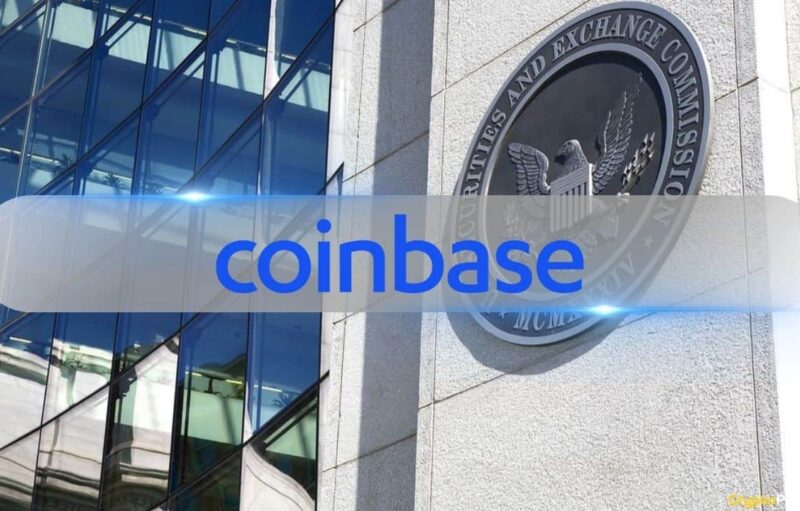Tl;dr: In recent weeks, some firms have struggled to remain solvent due to insufficient risk controls. See how Coinbase implements secure and comprehensive risk management practices that enable institutions to successfully navigate the cryptoeconomy.
By Brett Tejpaul, Head of Coinbase Institutional, Matt Boyd, Head of Prime Finance, and Caroline Tarnok, Head of Credit and Market Risk
The shocks to the crypto credit environment over the last few weeks are likely to be a major inflection point for the industry. Solvency concerns surrounding entities like Celsius, Three Arrows Capital (3AC), Voyager, and other similar counterparties were a reflection of insufficient risk controls, and reports of additional struggling firms are fast becoming stories of bankruptcy, restructuring, and failure. Notably, the issues here were foreseeable and actually credit specific, not crypto specific in nature. Many of these firms were overleveraged with short term liabilities mismatched against longer duration illiquid assets.
We believe these market participants were caught up in the frenzy of a crypto bull market and forgot the basics of risk management. Unhedged bets, huge investments in the Terra ecosystem, and massive leverage provided to and deployed by 3AC meant that risk was too high and too concentrated. These events are, unfortunately, more common in traditional financial markets than we would hope. We are reminded frequently of Long Term Capital Management in the 1990s, Lehman Brothers in the 2000s, and even Archegos Capital Management in 2021.
Coinbase had no financing exposure to the groups above.¹ We have not engaged in these types of risky lending practices and instead have focused on building our financing business with prudence and deliberate focus on the client. Now, more than ever, our leading institutional clients demand a high-quality financing counterparty.
Our goal is to be the safest, easiest, and most trusted bridge to the cryptoeconomy. We offer the most secure, comprehensive, and scalable products and services — including financing — and our multifaceted risk management programs are designed to protect our clients, our shareholders, and the broader cryptoeconomy.
Prudent risk management is key to our long-term strategy.
At Coinbase, risk management is a first principle in our product design. We hold customer assets 1:1. Any institutional lending activity at Coinbase is at the discretion of the customer and backed by collateral, which serves as a first layer of protection against potential default contagion. Our standard practice is to require 100%+ in collateral, and we always measure risk against a substantially higher stressed price move.
As a result, we have a record of:
- no losses from our financing book,
- no exposure to client or counterparty insolvencies,
- no gating for client loan recalls or withdrawals, and
- no changes in access to credit for our trading clients.
We use the following principles to understand and manage counterparty credit risk.
This time isn’t different. This environment isn’t different. That’s why we rely on our risk team, which consists of professionals with decades of experience risk-managing financing businesses across a range of economic cycles. Specifically, our team:
Conducts rigorous due diligence. Counterparties are complicated relationships. Financial, business, and structural considerations form the baseline for credit risk management. Beyond that, a company’s behavior and actions must ultimately match their financial statements and stated business objectives. A management team should be experienced and competent and should, critically, implement checks and balances inside the organization.
- It is important to look the team in the eyes — figuratively, if not literally. A company is a group of people; don’t underestimate the importance of trust (but verify).
- Base hits are more sustainable than home runs. Big wins are great, but in another market environment, could those have been big losses?
Stress tests our exposures. Exposures take a variety of forms, so we evaluate them from a variety of perspectives: size, tenor, directionality, volatility, liquidity, concentration, and correlation to our counterparties’ health. We run Monte Carlo simulations to several standard deviations. Further, in a portfolio, assets and liabilities need to be matched together to mitigate liquidity risk and ensure there is no misalignment in the duration of our borrowing vs. loan making. And all this needs to happen continuously as the environment can change. When it does, the risk has changed.
Understands how things go wrong. Every product, trade, and counterparty has at least one potential point of failure. Every single one. We work to find it, calculate how bad it can be, and target our mitigants to the point of failure.
Anticipates internal deficiencies. The information we have about the future is always imperfect. There are no perfect models, and there are no perfect decisions. Reporting can be incomplete. People miss things, or give the benefit of the doubt. Processes fail. We manage our “known unknowns” and keep a buffer for “unknown unknowns.”
Anticipates external surprises. A mitigation plan is critical. As is knowing what might bring you back to the negotiating table. Leave room for Murphy’s law — and limit the size of risk wherever possible.
We think our careful risk management explains why institutional clients continue to diligently and actively explore our financing products, including during the recent market stress.
A healthy and well functioning financing market is essential to the expansion and sustainability of any economy. We believe well-designed risk management programs will help usher in new waves of capital and fuel the next expansion. A leading prime broker, whether in crypto or other asset classes, should understand and effectively manage counterparty and liquidity risk for the safety of their clients, shareholders, and the market. We do.
Ultimately, it may still take time for the broader industry to learn the right lessons from the systemic deficiencies we have seen. If you would like to explore a counterparty you can trust or learn more about our financing products, contact sales@coinbase.com.
¹ While Coinbase does not have counterparty exposure to the companies listed above, Coinbase’s venture program did make non-material investments in Terraform Labs.
Disclaimer: This document is for informational purposes only, and does not constitute the provision of investment advice. For more information, please consult your Coinbase legal agreement and visit www.coinbase.com.
The post appeared first on The Coinbase Blog






